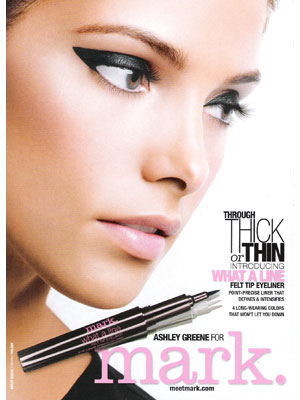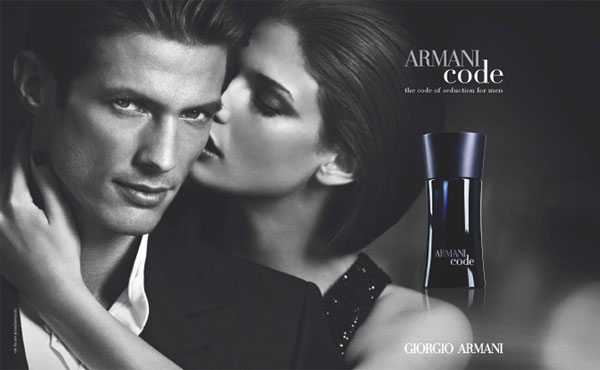Chapter 3: Disparaging the "Other"
It's always interesting to me how as humans, we have a carnal tendency to want to feel as if we're superior than any one else in the room. It's a carnal tendency to be scared of vulnerability and so as a result, we find ourselves unintentionally 'disparaging the other'.
The white race has been the superior race for as long as we can remember. This chapter specifically covers the disparagement of Native Americans, Africans, Mexicans and Asians. Whenever the superior race decided they felt 'threatened' in any way shape of form, they would justify their belittling acts as improving the nation. It makes me wonder how the people of strong faith and belief in God and His laws acted during these belittling acts.
Chapter 4: "Bamboozling" Stereotypes through the 20th Century
I love what Dr. Vernon said in the powerpoint that "stereotypes can, and do change, but cliches die hard." Stereotypes exist and it takes a strong member in the family to break that generational bond. All it takes is one person to watch something with their friends and family and provide their thoughts and educate to others that it's only a formed opinion that one is less than the other. There's no factual evidence which is why people shouldn't be treated differently otherwise; this includes the concept of sexism too.
It's amazing to hear when people of color and minority (women, LGTBQ+) make breakthroughs in society. Whether it's Hollywood, New York, the workplace, common hangouts, stereotypes still exist. But on the bright side, things are improving little by little. And even though it's as if we're taking 2 steps forward, 1 step back, as Christians we can bring light and love whenever we find ourselves in front of these stereotypes.
Chapter 5 & 6: Race, Culture & Gender in the New Media Age
Within the new media age, things seem to be slowly looking up for the minorities. However, there are still racial stereotypes in pop culture. When it came to Tyler Perry and his Madea movies, it always made me wonder what made him go their route and how does it make black people feel? From experience and observations, some like it and some don't.
I feel like there is a small line that's crossed when it comes to conforming to get in front of more people. I guess the question is that once you do have the leverage and get in front of more people, do you now use that platform to say what everyone else has been thinking?
For the longest time, I remember only seeing Asian Americans in cartoons. And if they were in live-action movies, they were the villain or they portrayed a nerdy man, a ditsy girl or a sexy woman. Nothing more, nothing less. Even in the Disney's TV show The Suite Life of Zack & Cody, Brenda Song, the asian character was ditsy. She was portrayed as a rich, snobby daughter. It wasn't until recently in Crazy Rich Asians that I finally saw the Asian race as portrayed as somewhat competent in the media industry. But even then, it wasn't a completely accurate portrayal Asian Americans.
Chapter 7: Marketing & Advertising
As someone who works closely in the marketing industry, I was shocked with what I had learned in this chapter. I knew that whitewashing occurred worldwide but I was absolutely bewildered by the Asian commercial about the washing machine. The mass media ignores people of color because whiteness and white culture has been the "angel" color and standard for pop culture.
Stereotypes that are in advertising do well because it feeds on the human's need to think that one is better than the other. These advertisements that make the white community feel superior are unfortunately the ones that people choose to make until someone takes a stand.
Chapter 9: Advocacy - Keeping Their Feet to the Fire
I'm happy that in the midst of all these ridiculous and unwarranted thoughts and ideas, there is always an advocate. However, people of minority needs more than just a seat at the table. They need a seat at the main table. The table where the superiors make the decisions. This is how I feel that things could catapult. When people of minority receive equal pay, equal opportunity, equal promotions in the media.









